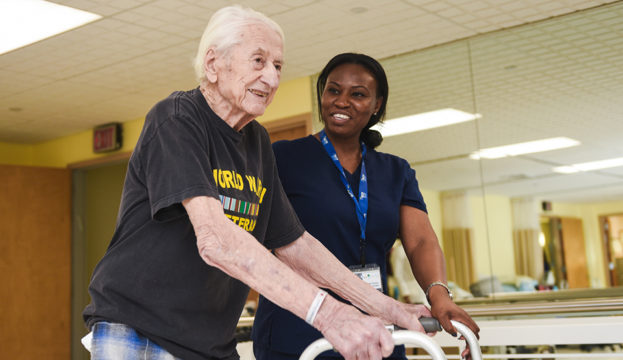Improving Rehabilitation Results Through Efficient Practical Movement Assessment Protocols
Improving Rehabilitation Results Through Efficient Practical Movement Assessment Protocols
Blog Article
Functional Mobility Assessment (FMS) is a valuable instrument used to assess an person's movement mechanics. This screening helps identify any deficiencies or imbalances in the musculoskeletal system, which can result to harm if not addressed. In recovery settings, FMS can play a crucial role in improving recovery results. By comprehending how each person navigates, healthcare professionals can develop targeted rehabilitation plans that focus on enhancing strength, mobility, and overall performance.
One of the key advantages of using FMS in rehabilitation is its capability to pinpoint particular areas that need improvement. For example, if a client struggles with squat movements or lunging, it may suggest a lack of flexibility in their hips or ankles. This information allows therapists to formulate customized exercise programs that emphasize addressing these deficits. As a result, patients are more likely to recover their strength and ability, which is essential for returning to daily tasks or sports.
Implementing effective FMS procedures can also help prevent future harm. Many injuries occur due to inefficient mobility mechanics or excessive use of certain muscle clusters. By screening patients before they begin a rehabilitation program, clinicians like it can identify risks and implement approaches to reduce them. Educating patients about appropriate mobility patterns and strengthening weak aspects can lead to long-term benefits, promoting that they remain active and healthy.
Additionally, the use of click for more info FMS can improve dialogue between healthcare providers and patients. When clients witness their movement patterns evaluated and explained, they gain a clearer comprehension of their recovery journey. This transparency builds trust and motivates patients to take an active role in their rehabilitation. By engaging patients in their recovery process, they are more likely to adhere to prescribed exercises and behavioral adjustments that promote better outcomes.
In conclusion, enhancing rehabilitation results through efficient functional mobility assessment protocols is essential for both patients and healthcare professionals. By accurately assessing mobility mechanics, therapists can create customized rehabilitation plans that meet individual requirements. This not only facilitates in recovery but also assists avoid future injuries. As patients become more involved in their rehabilitation journey, they are likely to attain their goals and sustain a fit, active way of living.